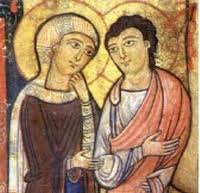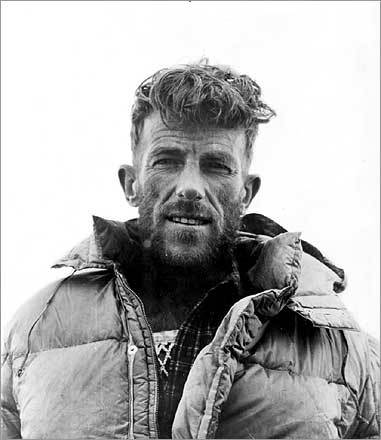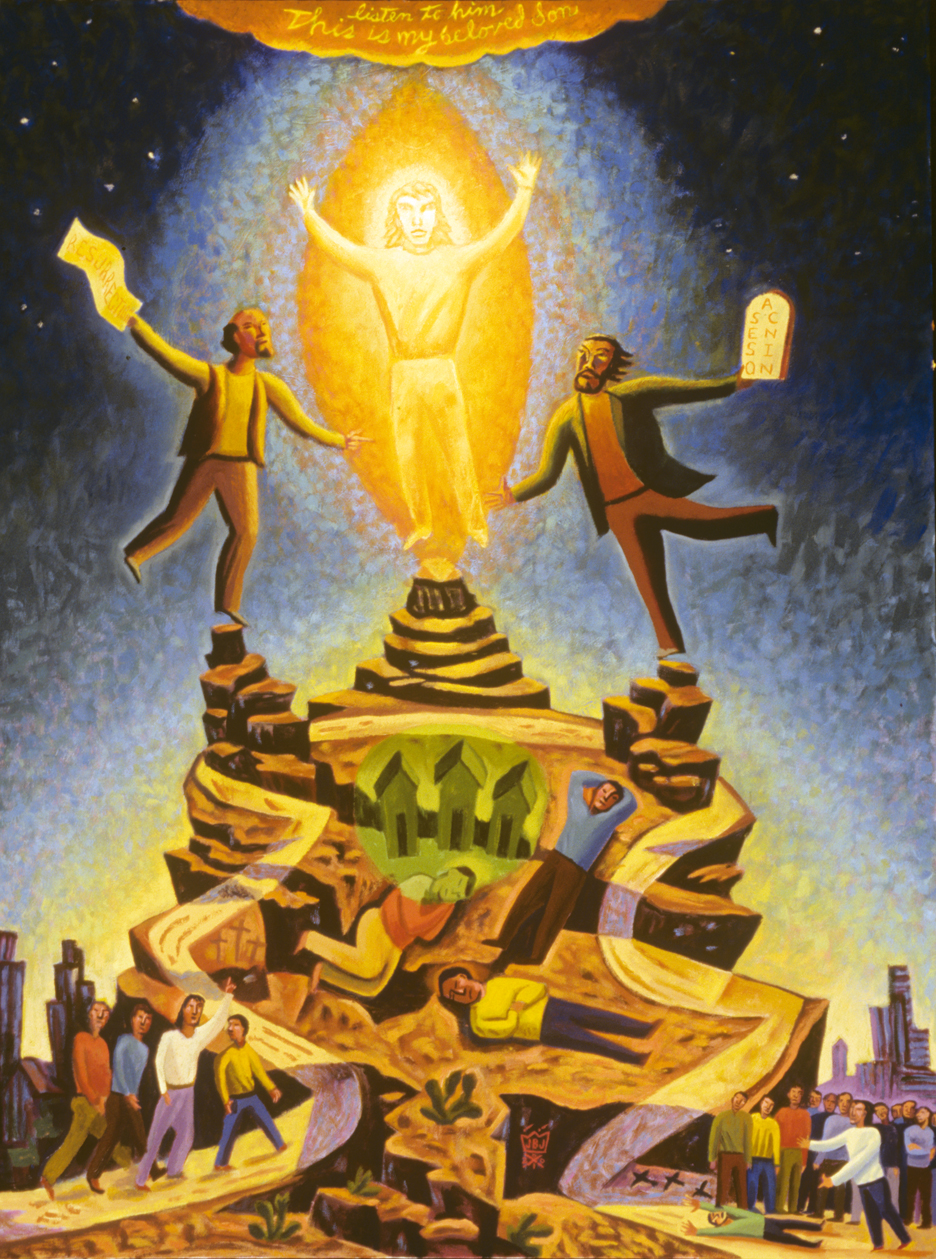Mothering Sunday: 1 Samuel 1:20-end, Colossians 3:12-17 and John 19:25b-27 - Carol Ann Duffy's poem "The Light Gatherers" can be found here.
When you were small, your cupped palms
each held a candleworth under the skin, enough light to begin,
and as you grew,
light gathered in you, two clear raindrops
in your eyes,
warm pearls, shy,
in the lobes of your ears, even always
the light of a smile after your tears
So begins Carol Ann Duffy’s poem ‘The Light Gatherer’.
She describes kissed feet that glowed and a bowed head spotlit; when language came it glittered like a river; and sleep, when it came, had the whole moon for a night light.
Mother and Child - Mary Cassatt
Duffy is painting for us a picture of motherhood.
It might not be universal. But being born is.
She captures moments we cannot remember.
The beginning of another human being. A spark of light and life.
When we were very small: the infancy of first breath and being held; the infancy of the awkward tenderness of cradling a newborn life.
She captures childhood moments we cannot remember. And some that we do.
Playing on our own; games with others. Learning. Falling.
The slow time of waiting, which goes too fast for adults.
We grow. We become more ourselves. Bound to others, to those who nurture us.
We remember them. As light gathers in us.
Duffy ends her poem with life opening out at the end of a tunnel of years. - through adolescence and into adulthood.
We might see in Duffy’s poem a glimpse of how God sees us.
We are light gatherers - even when the light of a smile comes after our tears.
To be formed in the likeness of God is to be a child of light.
Fragile, yet strong for others.
Whole, when we feel broken.
Good, and forgiven forgivers.
Beloved, even when we don’t see it.
Our readings give us three pictures of what our life together is or could be like.
First, Hannah. Some of us, like her, will long for a child of our own.
All of us have experienced childhood.
Some of you have remained with children to nurse and wean them.
All of us have stood at a school gate: one side of it or another.
Part of the story of parent and child is that kind of letting go.
Letting go so that we can have the space and time to be who we are: called as human, blessed with personality and interests, taking that into work and relationships, to embrace or let go.
In all that, light gathers in us: the people who love us, care for us, teach us; those who make us laugh, bring us comfort, restore our confidence.
Those who let go and never stop praying for us: holding us before God in love.
The second picture reminds us that parenting, nurture, motherhood and friendship exist within a wider network: a community.
John paints a picture that is perhaps shocking or surprising.
God’s love made flesh in Jesus has been present at a wedding and late night conversations, in story telling and sharing bread.
Now as his head bows on the cross, he looks at his own mother and closest friend and asks them to form a new household.
In their grief light gathers in them: just enough light to care for each other.
Maybe carrying just a candleworth in their hands; enough warmth; even a light of a smile after their tears.
This love made flesh is still at work: dead, buried and risen, and still rising in us. A love that doesn’t let us go.
Love like a night light: just enough to reassure us in the promises we make, the ripples of grief, the wild dreams of possibility and the small gestures of hope.

Image found here
As our third reading paints an image of life lived when we are looked on with love: a beloved community with enough light to begin and to grow.
In the smallness of our cupped palms there is light and love and joy: there is enough when we are fed with life in bread; when we are seen and blessed.
Light gathers in us when there is compassion and kindness; humility and patience.
It gathers when we bear with one another: the patient work that mothers and friends, granddads and siblings, teachers and carers know.
Light gatherers are to be clothed in love.
Love which binds us together when it is hard; that breathes peace into broken hearts. Love which gives thanks; that calls out unhealthy habits; which forgives and allows that truth to take root.
It’s a love that sings.
With happiness, yes, of course; but a love that keeps on singing when we’re sorrowful.
Whatever you do - in words and deeds - do it in Jesus’ name. In love.
Be the light, the love, the peace you want to see. Do it knowing there’s just enough in the palm of your hands; in the expanse of your hearts; your smiles, your tears, your embrace.
Look around today:
Behold, your mothers.
Behold, your children.
You are God’s chosen ones. Light gatherers. Beloved.
May God’s love dwell in you richly. Amen.
© Julie Gittoes 2023


